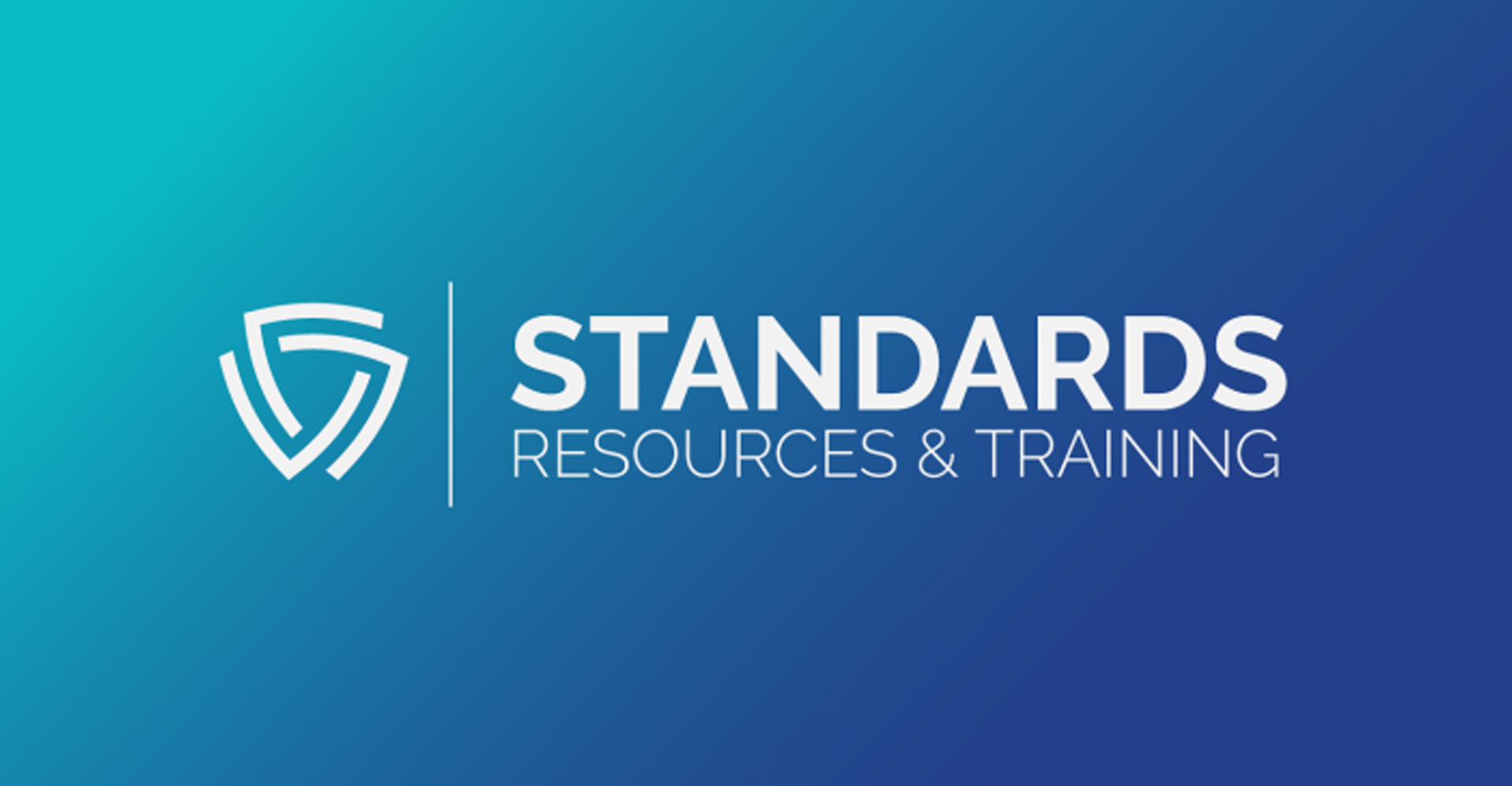The American Academy of Forensic Sciences (AAFS) announced in December 2021 a cooperative agreement with the National Institute of Standards and Technology (NIST) to develop training, tools and resources to enhance implementation efforts and broaden awareness of forensic science standards among communities of interest.
According to the AAFS news release, “Training will address technical aspects of the standards as well as challenges, practical solutions and benefits of adoption. Resources, including auditing checklists for compliance monitoring and gap analysis, will also be developed, as well as factsheets, understandable to the layperson.”
AAFS said these resources would help advance the implementation of standards and guidelines listed on the Organization of Scientific Area Committees (OSAC) for Forensic Science’s Registry.
The standards training and resources can be found on the AAFS website at www.aafs.org/research-insights-featured/standards-resources-and-training. The resources are available at no cost to the public.
The webpage includes information about the cooperative agreement, upcoming webinars, videos on the standards, standards checklists (coming soon) and the AAFS Standards Factsheets.
The AAFS Standards Factsheets provide a summary of each standard and highlight its purpose, why it is important, and what its benefits are. AAFS notes that the factsheets are in continuous production, and more will come soon. There are currently 12 published factsheets available to download.
The factsheets include:
- ANSI/ASB Standard 018 Standard for Validation of Probabilistic Genotyping Systems
- ANSI/ASB Standard 020 Standard for Validation Studies of DNA Mixtures, and Development and Verification of a Laboratory’s Mixture Interpretation Protocol
- ANSI/ASB Standard 036 Standard Practices for Method Validation in Forensic Toxicology
- ANSI/ASB Standard 037 Guidelines for Opinions and Testimony in Forensic Toxicology
- ANSI/ASB Standard 040 Standard for Forensic DNA Interpretation and Comparison Protocols
- ANSI/ASB Standard 061 Firearms and Toolmarks 3D Measurement Systems and Measurement Quality Control
- ASTM E2329-17 Standard Practice for Identification of Seized Drugs
- ASTM E2548-16 Standard Guide for Sampling Seized Drugs for Qualitative and Quantitative Analysis
- ASTM E3245-20e1 Standard Guide for Systematic Approach to the Extraction, Analysis, and Classification of Ignitable Liquids and Ignitable Liquid Residues in Fire Debris Samples
- ASTM E3260-21 Standard Guide for forensic Examination and Comparison of Pressure Sensitive Tapes
- NFPA-921 Guide to Fire and Explosion Investigations
- NFPA-1033 Standard for Professional Qualifications for Fire Investigations
The Center for Statistics and Applications in Forensic Evidence (CSAFE), a NIST Center of Excellence, has several researchers who serve on the OSAC Forensic Science Standards Board (FSSB), subcommittees and resource task groups, including Jeff Salyards, a CSAFE research scientist, who serves as an FSSB member at large, and Danica Ommen, a CSAFE researcher, who serves as the chair of the Statistics Task Group. Learn more about how these groups help the development of scientifically sound standards and guidelines for the forensic science community at https://www.nist.gov/osac/osac-organizational-structure.

